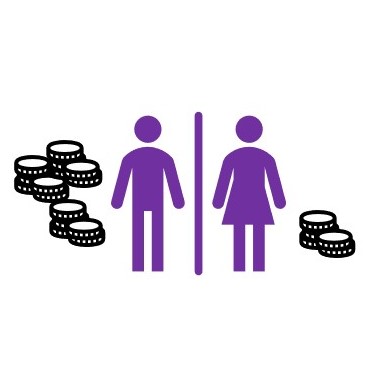
Much like in the traditional labor market, women earn less than men in new job economies (e.g., Uber, eBay, Amazon Mechanical Turk). Strikingly, the gender pay gap persists even in platforms that are completely gender-blind. We sought to find out why.
New job economies and old pay gaps: Pay expectations explain the gender pay gap in gender-blind workplaces
Manzi, F., Rosen, Z., Rosenzweig, C., Jaffe, S.N., Robinson, J., & Litman, L. (under review). https://psyarxiv.com/rdmte/
Abstract. Despite the absence of many traditional barriers to gender equality, there continues to be a gender pay gap in new job economies (i.e., the “gig economy” or “platform work”). Taking a novel approach to the study of the gender pay gap, we use a completely gender-blind online work setting to examine the effect of a covert source of gender inequality: differential pay expectations. Our findings reveal that women’s lower pay expectations lead to lower earnings. Crucially, these differential pay expectations appear to be shaped by income disparities in the traditional job economy. This research provides important new insight into the endurance of the gender pay gap, suggesting that structural inequities can carry over to new economies in subtle, yet powerful ways.
Press
Women make less in the gig economy. A new study asked why. https://www.thelily.com/women-make-less-in-the-gig-economy-a-new-study-asked-why/
More articles on the new gender pay gap
Litman, L., Robinson, J., Rosen, Z., Rosenzweig, C., Waxman, J., Bates, L. M. (2020). The persistence of pay inequality: The gender pay gap in an anonymous online labor market. PLoS ONE 15(2): e0229383. https://doi.org/10.1371/journal.pone.0229383
Kricheli-Katz, T., Regev, T., (2016). How many cents on the dollar? Women and men in product markets. Science Advances. 2 (2), E1500599. doi.org/10.1126/sciadv.1500599